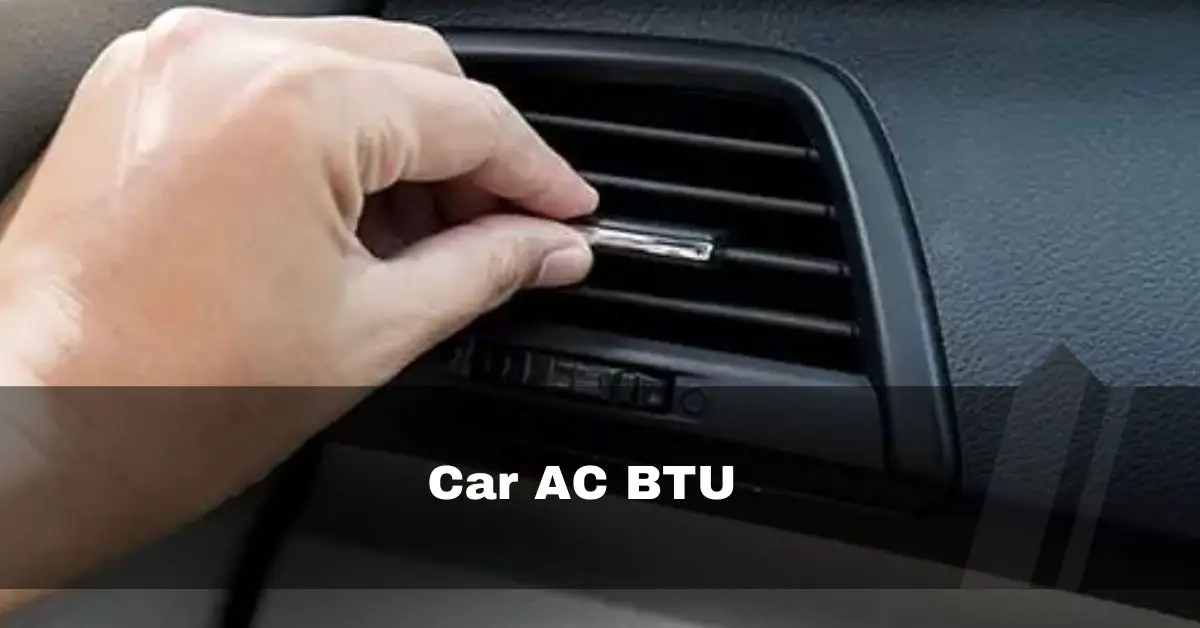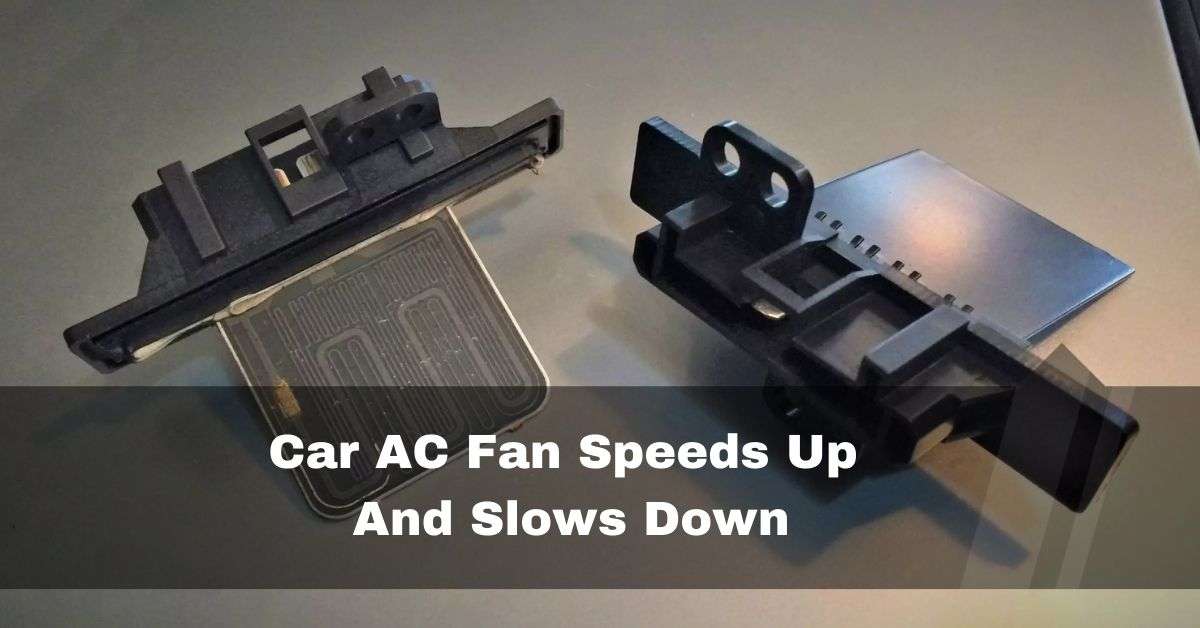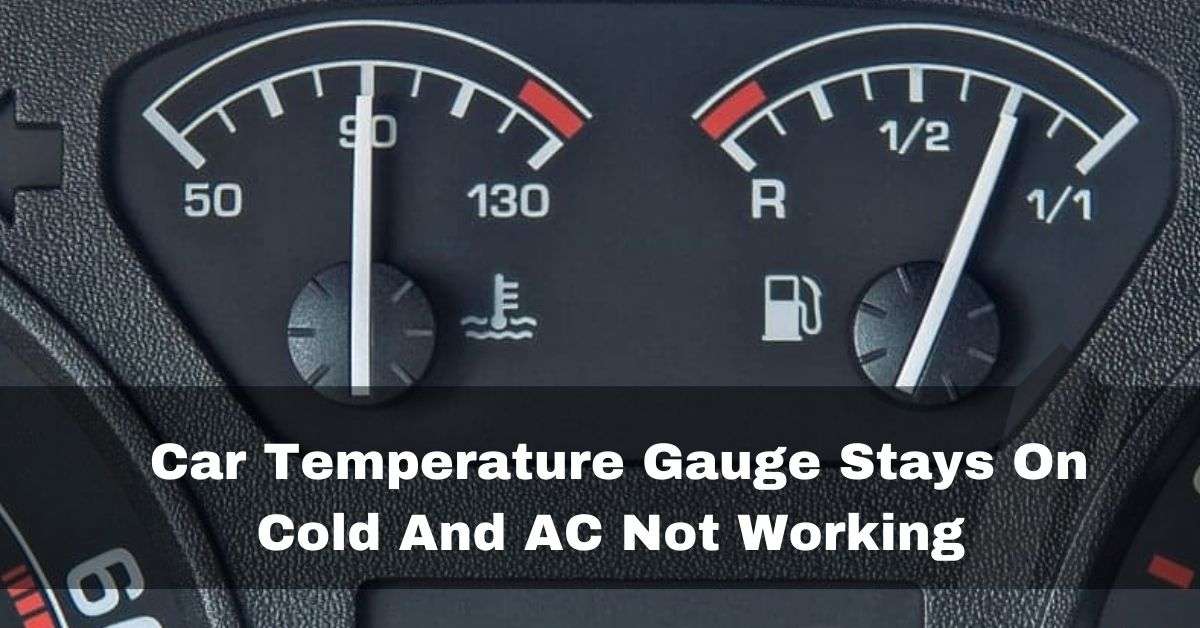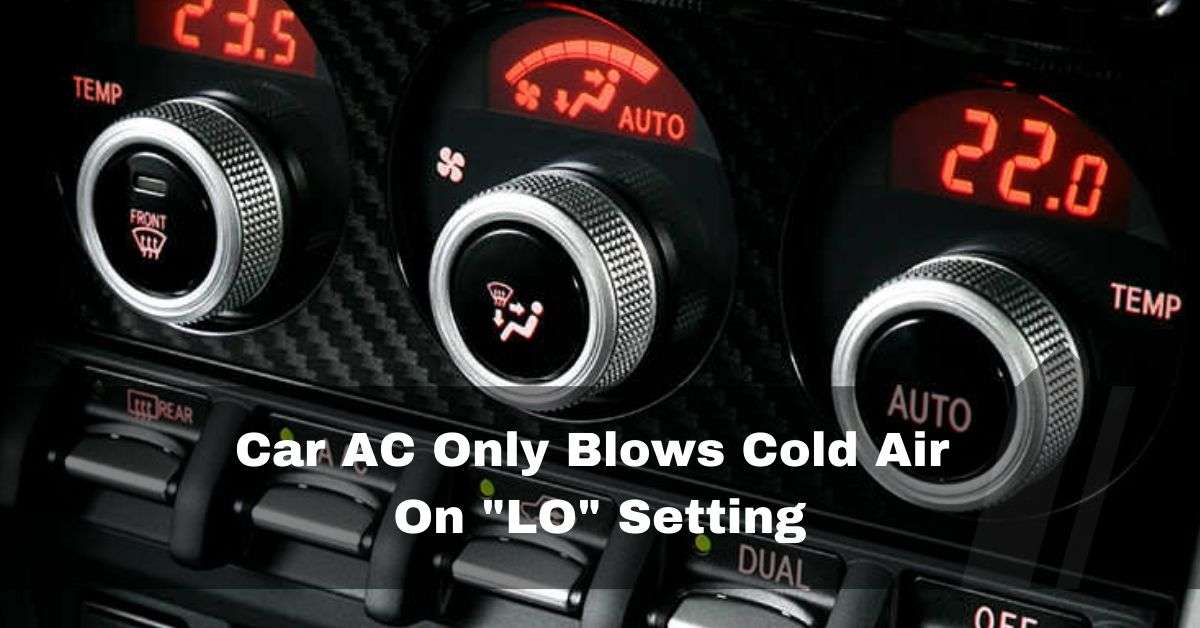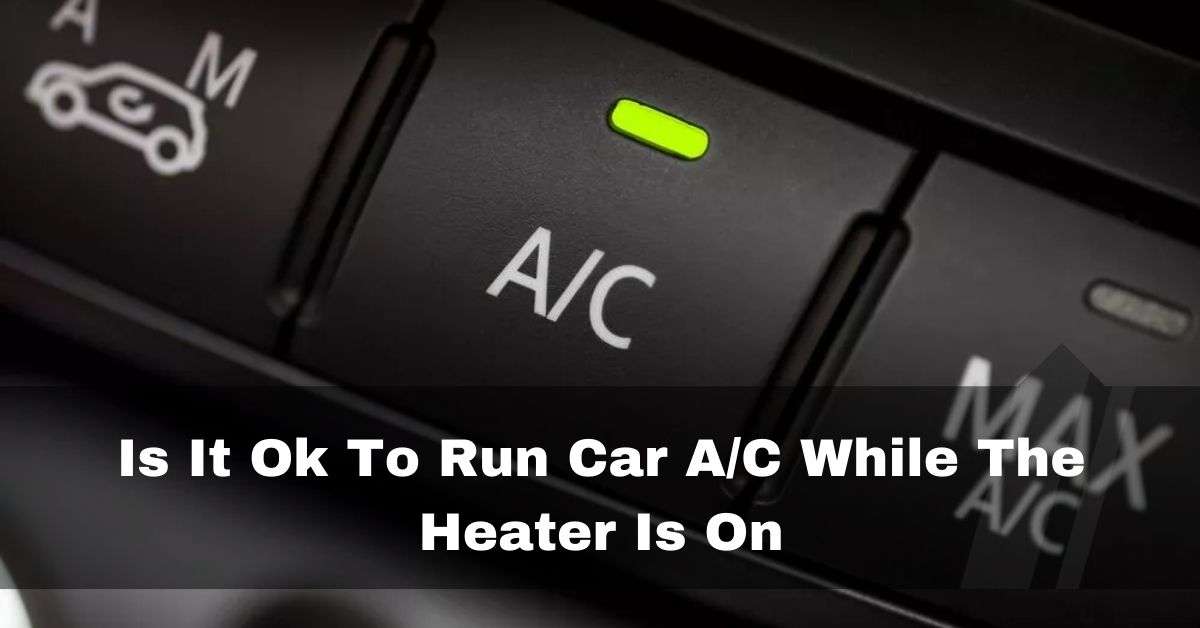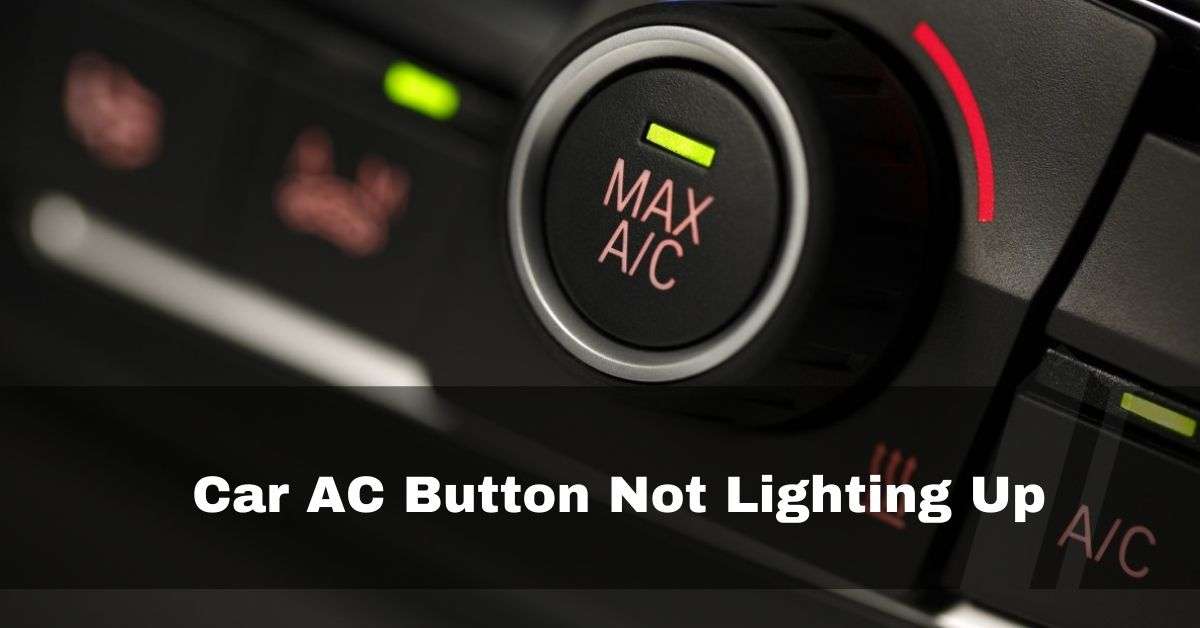As a car owner, I’ve learned that understanding the British Thermal Unit (BTU) rating is crucial. It helps me gauge how effectively my car’s air conditioning can keep me comfortable during drives.
How Many BTU Is A Car Air Conditioner? (Short Answer)
12,000 – 18,000 BTU/h for most cars. Typically, the cooling capacity of automobile AC for a compact car is 5 kw, and that of a coach is around 20 kw. A larger SUV’s interior averages 24,000 BTU to as much as 40,000+ BTU depending on the car AC compressor.
This article will explore car air conditioner British Thermal Unit (BTU)and how many BTUs a car air conditioner typically produces.
Table of Contents
How many BTUs are in a car air conditioner?
Car Air Conditioner Btu Rating? The kind of automobile and size of the air conditioning system affect the BTU rating of the car’s air conditioner. Air units in cars usually make between 12,000 and 18,000 BTUs/h.

It’s vital to remember that the British Thermal Unit (BTU) figure by itself cannot tell you how effectively the system performs. Other elements, such as the outside temperature and the size and insulation of the car’s trunk, may also affect the air conditioner’s effectiveness.
Also Read: Car AC Smells Like Poop
Is higher btu better for air conditioner?
Each square foot area generally needs between 20 and 35 BTUs to be cooled. For instance, 150 square feet only require 5,000 to 6,000 BTUs of cooling capacity, whereas 500 square feet require 11,000 to 12,000. The more BTUs and space there are, the more effectively the system cools the area.
Car AC BTU Calculator – How I Calculate for My Car AC:
How many btu is a car ac? According to Energy Star, you should only use 20 to 30 BTUs of cooling capacity power per square foot. Therefore, a 250–300 square foot room would require 7,000 BTUs to cool, whereas a 1,400–1,500 square foot room or residence would need 24,000 BTUs.
You can use this range’s lower and upper limits to calculate the square footage that a specific cooling capacity (in BTUs) can effectively cool.
Let’s calculate the square footage for both 24,000 BTUs and 40,000+ BTUs:
For 24,000 BTUs:
- Lower limit (20 BTUs/sq ft): 24,000 BTUs ÷ 20 BTUs/sq ft = 1,200 sq ft
- Upper limit (35 BTUs/sq ft): 24,000 BTUs ÷ 35 BTUs/sq ft = 685.71 sq ft (approximately)
So, a 24,000 BTU air conditioner can effectively cool a space ranging from 685.71 to 1,200 square feet, depending on whether you use the lower or upper limit.
For 40,000+ BTUs (using 40,000 BTUs as a reference):
- Lower limit (20 BTUs/sq ft): 40,000 BTUs ÷ 20 BTUs/sq ft = 2,000 sq ft
- Upper limit (35 BTUs/sq ft): 40,000 BTUs ÷ 35 BTUs/sq ft = 1,142.86 sq ft (approximately)
So, a 40,000+ BTU air conditioner (assuming it’s at least 40,000 BTUs) can effectively cool a space ranging from 1,142.86 to 2,000 square feet, depending on whether you use the lower or upper limit.
Also Read: Car Ac Turns Off At Wide Open Throttle
Factors That Affect The BTU Rating Of A Car Air Conditioner:
As previously stated, a car air conditioner’s performance is influenced by factors besides its BTU rating.
The BTU value of a car air conditioner can also be affected by several other things, such as:
1. The size Of The Cabin:
How Many Btu Does A Car Ac Have? The more BTUs you need to cool a cabin properly, the bigger it is. A smaller car’s inside may only require 12,000 BTUs, whereas a larger SUV’s interior averages 24,000 BTU to as much as 40,000+ BTU depending on the car’s AC compressor.
2. The Insulation Of The Car:
How well the car’s insulated body can affect how well the air conditioning works. A car with bad insulation will need more BTUs to cool the cabin down.

Also Read: My Car Is Off But The AC Is Still Running
3. The Outside Temperature:
The BTU number of a car air conditioner can also be changed by how hot or cold it is outside. The hotter it is outside, the more BTUs are needed to cool down the cabin.

4. The Age Of The Car:
Due to wear and tear on the air conditioning system, some older cars may have a lower BTU number.
Why Is The BTU Rating Important For A Car Air Conditioner?
Is more btu better for air conditioner? The British Thermal Unit (BTU) number of an air conditioner in a car is essential because it shows how much heat it can take out of its cabin. The air conditioner may not adequately chill the cabin if the BTU value is too low, especially if it’s hot outdoors. Conversely, if the BTU value is excessive, you may use excessive energy, increasing fuel consumption.
Also Read: Can I Sleep In My Car With The AC Running
How Much AC Do I Need For My Car?
Car Air Conditioner Capacity? Typically, cars contain approximately 28 to 32 ounces of refrigerant, equivalent to about 2 to 3 12-ounce cans. However, larger vehicles or those equipped with rear air conditioning may have a higher capacity. Refer to your vehicle manual to determine the exact system capacity for your car.
How To Choose the Right BTU Rating For Your Car Air Conditioner?
1. The Size Of The Cabin:
As mentioned earlier, when picking the BTU rating for your car’s air conditioner, it’s essential to consider how big the car’s cabin is. More BTUs will be needed to cool down a bigger cabin.

2. The Insulation Of The Car:
The car’s protection can also affect how well the air conditioning works. If your car doesn’t have good insulation, you may need a higher BTU number to cool it down.
Also Read: A/C Fan Increase When Braking
3. The Outside Temperature:
Does higher btu mean colder? The BTU number of a car air conditioner can also be changed by how hot or cold it is outside. Living in a hot area may require a higher BTU rating to cool your car effectively.
4. The Type Of Vehicle:
The BTU number of the air conditioner can also depend on what kind of car you have. The BTU number may need to be higher for a bigger SUV or van than for a smaller car.

Also Read: Car AC Hissing Under Dash
5. Your Personal Preference:
Ultimately, the BTU number of your car’s air conditioner comes down to how you want it to work. Choose a higher BTU rating if you wish to the cabin to be more relaxed. A lower BTU rating may be enough if you want the cabin warmer.

Related Answers:
1. What Happens If AC BTU Is Too High?
Is a higher BTU better for an air conditioner? No, it will cool the area too fast and turn off before enough moisture is removed. It can make the room feel damp and unpleasant. Also, an air conditioner with a BTU rating that is too high for the cooling area can waste energy and cause your electric bills to go up.
2. How Much Will A 10,000 BTU AC Cool?
Depending on how well the unit works and how hot or cold the room or place being cooled is, a 10,000 BTU AC can cool about 300-450 square feet. However, the number of people in the room, the height of the roof, and the insulation can all impact how well the space cools.
3. Can A 12000 BTU Air Conditioner Cool?
Yes, depending on insulation, ceiling height, and the number of occupants in the room, a 12,000 BTU air conditioner may effectively cool an area between 400 and 550 square feet.
4. How Do I Know the btu of my air conditioner?
It is simple to determine an AC unit’s BTU rating. The unit itself should be your first stop of call. The model number and other crucial details like serial numbers and safety warnings are typically shown along with the BTU rating on one side of a window unit.
5. How powerful is a car air conditioner?
Modern car A/C systems use approximately 4 horsepower of the engine’s power, increasing fuel consumption.
6. Is 7000 BTU AC enough?
A minimum of 7,000 BTUs is recommended for cooling a small room, with larger rooms requiring more BTUs accordingly.
7. How many BTU do I need to cool a 3 car garage?
A 15,000 to 18,000 BTU mini-split is suitable for a 3-car garage, while more oversized garages may need a 30,000 or 36,000 BTU system.
8. What size is a car AC compressor?
Car A/C compressors are typically around 8-1/2 inches long and 5 inches in diameter, with various types available, including pistons, wobble plates, and scrolls.
9. Can you make your car AC stronger?
Essential maintenance, like routine car washes, can improve A/C performance by cleaning the condenser.
10. Does higher BTU mean colder AC?
Higher BTU means more cooling power and typically higher electricity consumption, although some models are more efficient.
Conclusion:
In conclusion, the BTU rating of an air conditioner for your car is essential when picking the right system. Determining how much heat the system can remove from the cabin is critical, even if the BTU value alone cannot tell how well the system functions.
You should consider the size of the cabin, how well-insulated it is, the outside temperature, the type of car you have, and your preferences when choosing the BTU rating for your car’s air conditioner. By thinking about these things, you can select the right air conditioning system for your vehicle to keep you comfy on your trip.
Also Read:
References:
- https://www.quora.com/What-is-the-typical-nominal-cooling-capacity-kw-or-BTU-h-of-a-car-air-conditioning-device
- https://hvac-talk.com/vbb/threads/57837-How-Many-BTU-s-in-the-average-auto-A-C
- https://mechanics.stackexchange.com/questions/11381/why-is-car-a-c-typically-less-reliable-than-fridges-freezers
- https://bobistheoilguy.com/forums/threads/average-auto-a-c-btu-rating.198063/
- https://storables.com/home-maintenance/how-many-btus-is-a-car-air-conditioner/

